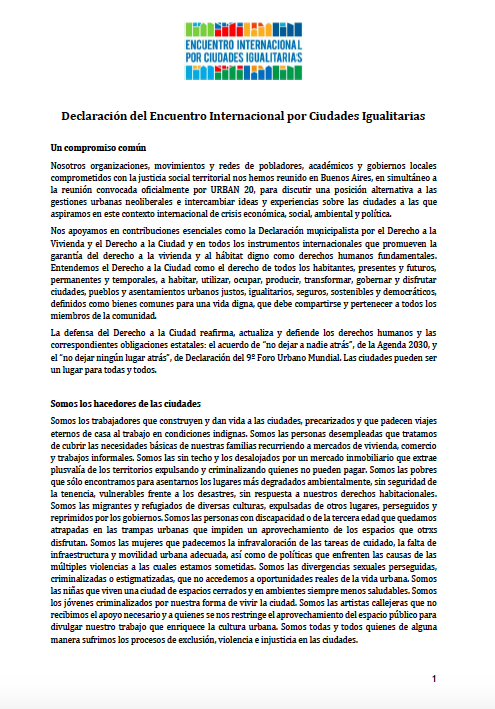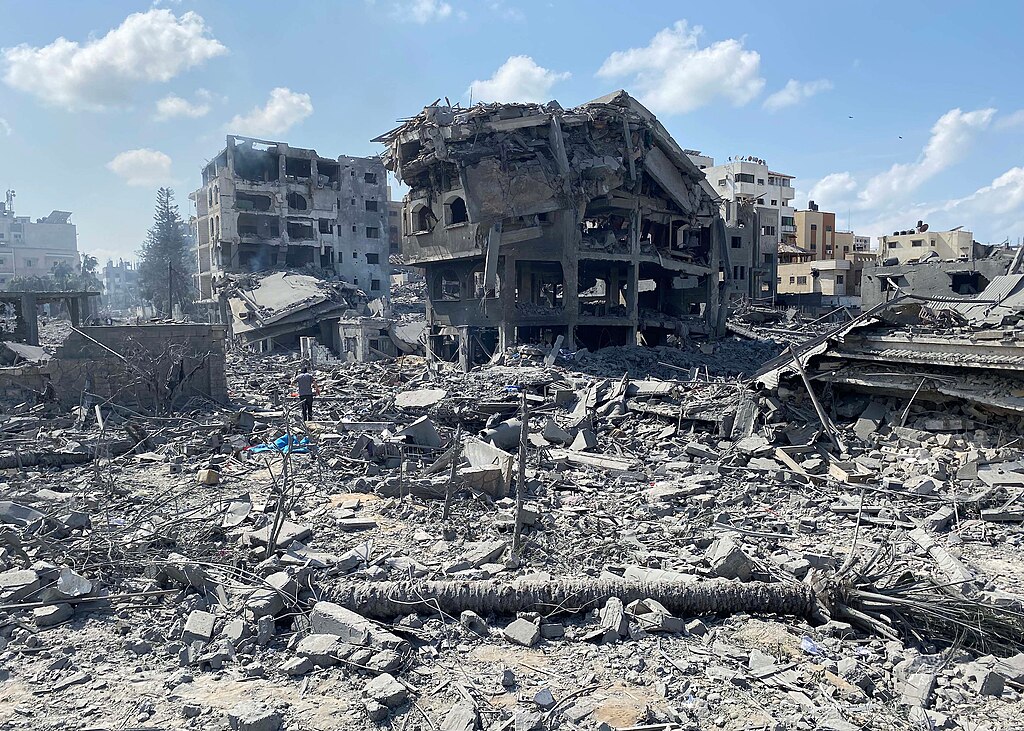The first part of the report provides an overview of the work of the Special Rapporteur since the creation of the mandate by the Commission on Human Rights. It discusses the definition and elements of the right to adequate housing and some of the main issues addressed by the Special Rapporteur since the inception of the mandate (including homelessness, affordability, forced evictions, discrimination in accessing adequate housing and the gender perspective), as well as the tools that have been developed to help in the implementation of this right (including questionnaires, indicators and the basic principles and guidelines on development-based evictions and displacement).
In the second part of the report, the Special Rapporteur, while stating her willingness to continue and develop the issues that have been identified by the previous mandate holder, gives her views on how the mandate should go forward and what are the areas to focus on in the coming years.
In view of the consideration by the General Assembly of the adoption of the Optional Protocol to the International Covenant on Economic, Social and Cultural Rights by the General Assembly, the Special Rapporteur devotes the third part of the report to justiciability of the right to adequate housing based on examples and case law.
Finally, the Special Rapporteur urges states to take a number of immediate measures, including the adoption of the Option Protocol to the International Covenant on Economic, Social and Cultural Rights by the General Assembly; the integration of the right to adequate housing in urban planning and housing policies at local and national levels; and the adoption of urgent measures to address the plight of the homeless and in particular to stop their criminalization.
To read the full report, click here




